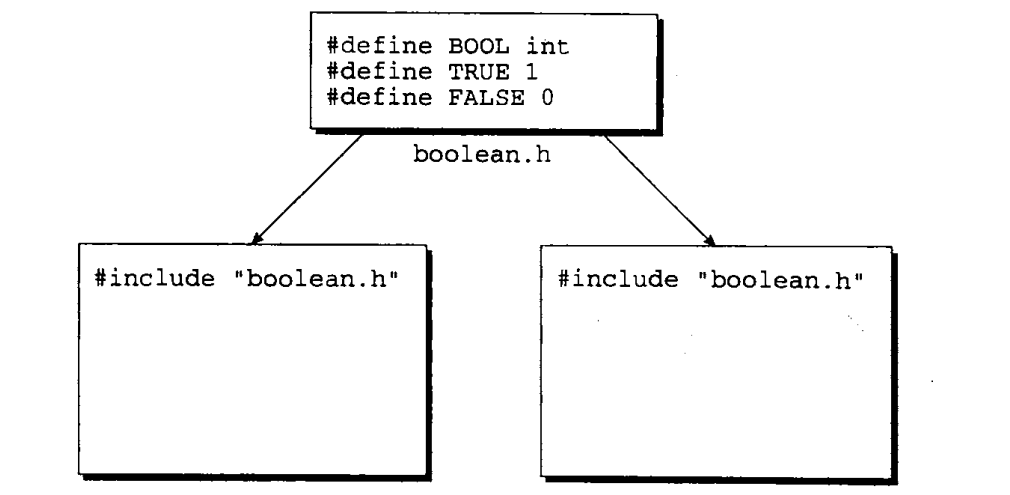15.1 源文件
一个源文件必须包含名为 main 的函数,此函数作为程序的起点
15.2 头文件
使用 include 预处理指令可以将几个文件联系在一起
#include <stdio.h>#include <string.h>// 这是同级目录下的另一个文件// 且这个文件不能包含 main 函数// 注意自己编写的头文件只能用 "",而不能用 <>#include "array.cpp"int main(){printf("1");}
引入文件可以实现共享
15.2.3 共享函数原型
如果一个函数 f(),在另一个文件中,而在其他文件中需要调用这个函数,但是在这之前需要在其他文件中声明,如果一个一个声明,假设需要在 50 个其他文件,则要为这一个函数声明 50 次,且不出错是很麻烦的事情。
最好的方式是,将所有要跨文件调用的函数的声明放到一个自定义头文件中,然后引入头文件即可。
// array.hvoid f();// array.cpp#include <stdio.h>void f(){printf("1111");}// 主函数文件#include <stdio.h>#include <string.h>// 凡是自定义的文件都要用 " "#include "array.h"// 这是同级目录下的另一个文件// 且这个文件不能包含 main 函数#include "array.cpp"int main(){f();}// 输出1111
15.2.4 共享变量
如果一个变量需要共享我们要怎么做呢
// print.hvoid print(int i);// sharing.c// 在这里定义所有的共享变量,编译器为它分配空间int i;// print.c#include <stdio.h>void print(int i){printf("%d",i);}// 主函数文件// 函数原型声明#include "print.h"#include "sharing.c"#include "print.c"int main(){// 使用 extern 表示 i 已经在其他地方被定义了// 这里只需要引入,而不用为它分配空间extern int i;i = 5;print(i);return 0;}// 输出5

